A University of Canterbury student study suggesting that cycleways within one kilometre of a home increase Christchurch property values by around $1000 has sparked debate among real estate professionals and independent analysts.
The study was part of Professor Simon Kingham’s Research for Resilient Environments and Communities paper, where students examine questions raised by the community. Kingham, a former Chief Science Advisor to the Ministry of Transport, is widely known for promoting cycling as a sustainable mode of transport.
UC student Caleb Sullivan was part of a research team, that worked with a local planner to see what impact cycleways had on property prices. They used the hedonic pricing model which figures out how different features of a house, like its size, location, or amenities, affect its overall price, using this model “they found cycleways had a small positive effect on house sale prices.”
The press release on the study said “The research showed the density of cycleways around houses is becoming a subtle but important factor for homebuyers who value active transport options and local connectivity.”
“This study reinforces that cycleways are not a detriment to residential property values. Instead, they can be a selling point for some properties,” Professor Kingham said.
The team also analysed whether there was a price impact on houses who had lost parking for cycleways, however they found no significant correlation. “This research contributes to a growing body of evidence that cycleways are an asset to urban areas, both economically and socially. These findings should encourage city planners and policymakers to confidently invest in cycleways as part of urban development strategies.”
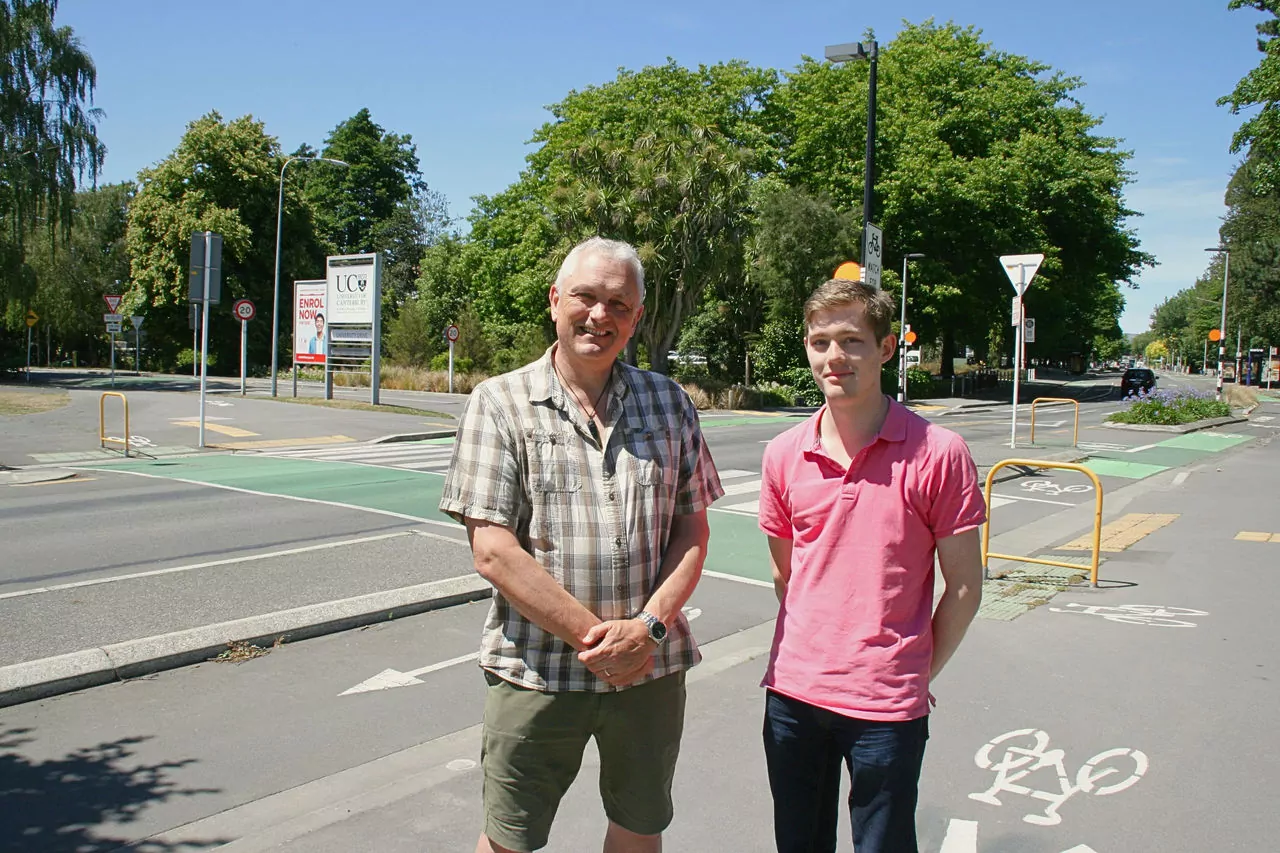
Professor Simon Kingham and UC student Caleb Sullivan worked on a research project to understand the effect of cycleways on house prices. (photo: Canterbury University)
However, one of New Zealand’s highest performing real estate sales consultants based in Christchurch said the findings lacked substance.
Cameron Bailey, from Harcourts Gold Real Estate, told chrislynchmedia.com said “I read the article and find it quite weak on substance and actual facts. Cycleways have no reflection on real estate values, certainly not in a positive way,” Bailey said.
“In 20 years of selling houses, I have never had anyone refer to them when considering buying a house, so it does not feel like a factor they consider when deciding where to buy.
“I have really only heard about them talked about in a negative way, making parking difficult outside their houses, which could sometimes stop people from buying a particular property with a cycle lane outside,” he said.

Cameron Bailey, from Harcourts Gold Real Estate
Real estate agent Alison Aiken echoed Bailey’s concerns, arguing that even if the reported increase was accurate, it was far too modest to justify changes that disrupt existing transport routes.
“$1000 – even if the figure is slightly inaccurate – would hardly be cause enough to radically change the existing footprint,” Aiken said.
“I would imagine the amount of enthusiasm expressed for the introduction of cycleways that compromise established transport routes would be at least equalled by the objection that we are losing too many parking spaces and making driving fraught within narrow lanes.
“I’m sure residents of streets like Colombo, Rutland, and Ilam Road see fewer visitors than previously.”
She did, however, acknowledge that the Antigua Street cycle counter shows there is a growing number of cyclists and that cycleways in greenfield developments are generally a good idea.

Alison Aitken from Harcourts Grenadier City Office
Another independent former city council planner, who was still working in the sector, criticised the study’s methods, arguing that the findings were inconsistent and unreliable.
“The reported $997 increase in property value – just 0.2% – is so minor it’s unlikely to influence homebuyer decisions or justify policy changes. The results are also inconsistent, as the street-level analysis found no meaningful link between cycleways and property values, contradicting the broader findings.
“Compounding this is a small sample size of around 200 sales, which is not robust enough for firm conclusions, and the failure to address spatial autocorrelation – a critical factor in property studies that can skew results.
“Given Professor Simon Kingham’s well-documented advocacy for cycling infrastructure, there’s also a legitimate question of confirmation bias influencing the framing and interpretation of the study. Overall, the study’s findings lack the depth and consistency needed to be considered reliable or actionable.”
Professor Kingham defended the research but acknowledged its limitations, telling chrislynchmedia.com, “I wouldn’t describe myself as a cycle advocate, rather an advocate for evidence-based policy. I speak about what the research and evidence tells us, and this really clearly says that investing in cycling delivers huge benefits. I am not a member or representative of any cycle advocacy group, and for six years I was the Ministry of Transport’s Chief Science Advisor.
“I supervised the research, but a group of students carried it out. It is a 300-level student project, and marked by two people, but not peer reviewed.
“The increase is modest, and I would be surprised if the price increase will affect people’s homebuyer decisions. Being near cycleways may encourage some people who plan to cycle to live near them,” he said.
He also pushed back against concerns about parking loss. “Firstly, in the bigger scheme of things, relatively little parking has been removed outside people’s properties for cycleways, and there are few properties in Christchurch (outside of the central city) that don’t have on-street parking. Having adequate parking and cycleways near where people live don’t have to be mutually exclusive.
“It’s worth noting that while real estate agents don’t think cycleways are a big selling point, their advertising material does promote being near cycleways as a selling point.” Kingham said objections to parking loss might not represent the broader community’s views. “While some people are vocal about the loss of parking, there are a lot of people less bothered – if you are not bothered about something, you tend not to be vocal about it. Research in New Zealand shows that the majority of people support the provision of cycling infrastructure.
“Each of the projects in this course is done with, and for, a community partner. In this case, the community partner was Urban Tacticians, who had been doing some work and heard people say that cycleways were reducing their property price. The student wanted to know if this was true.”
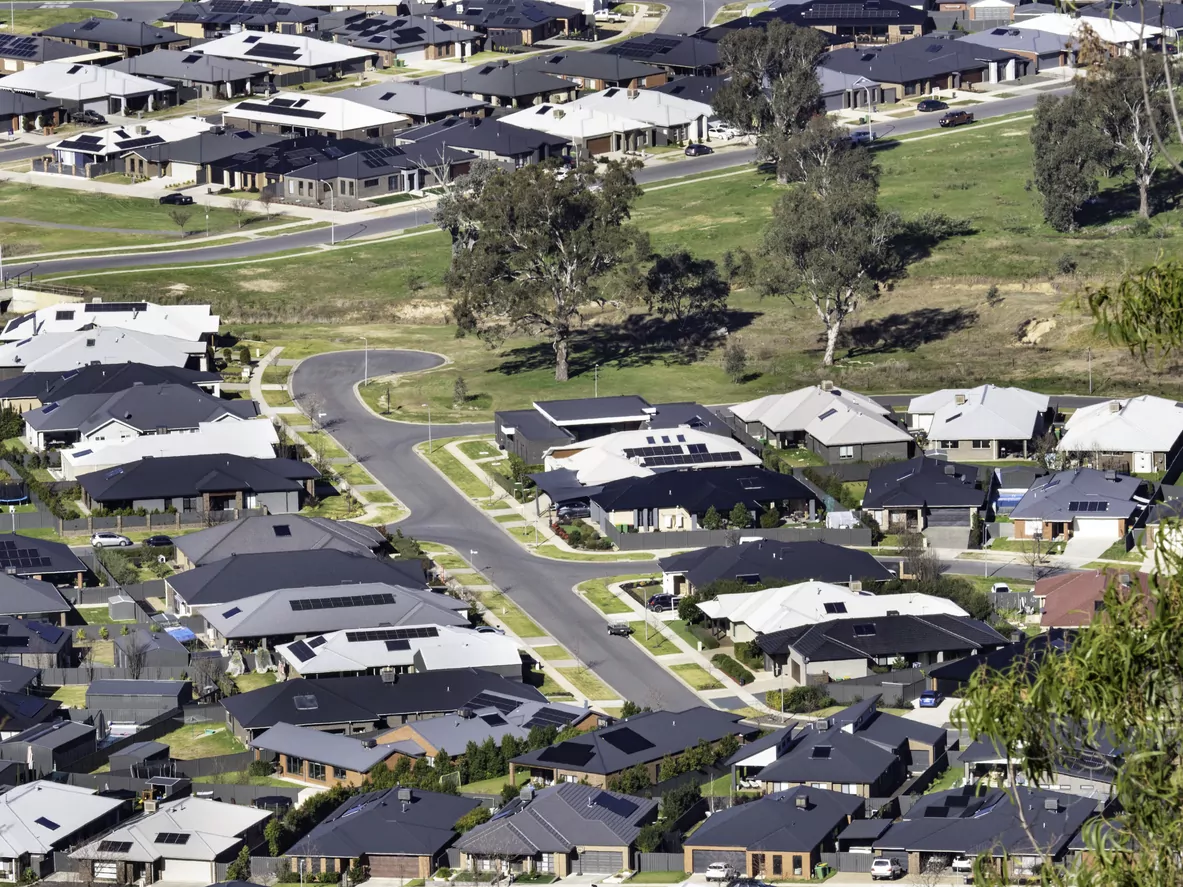

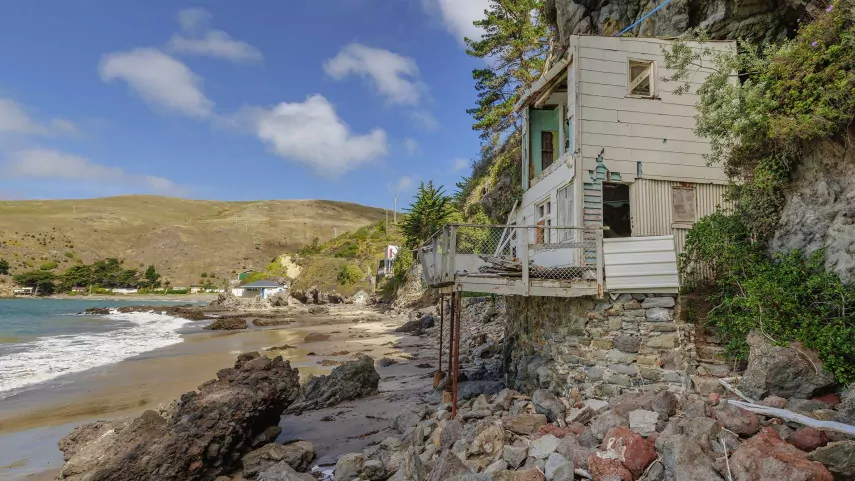


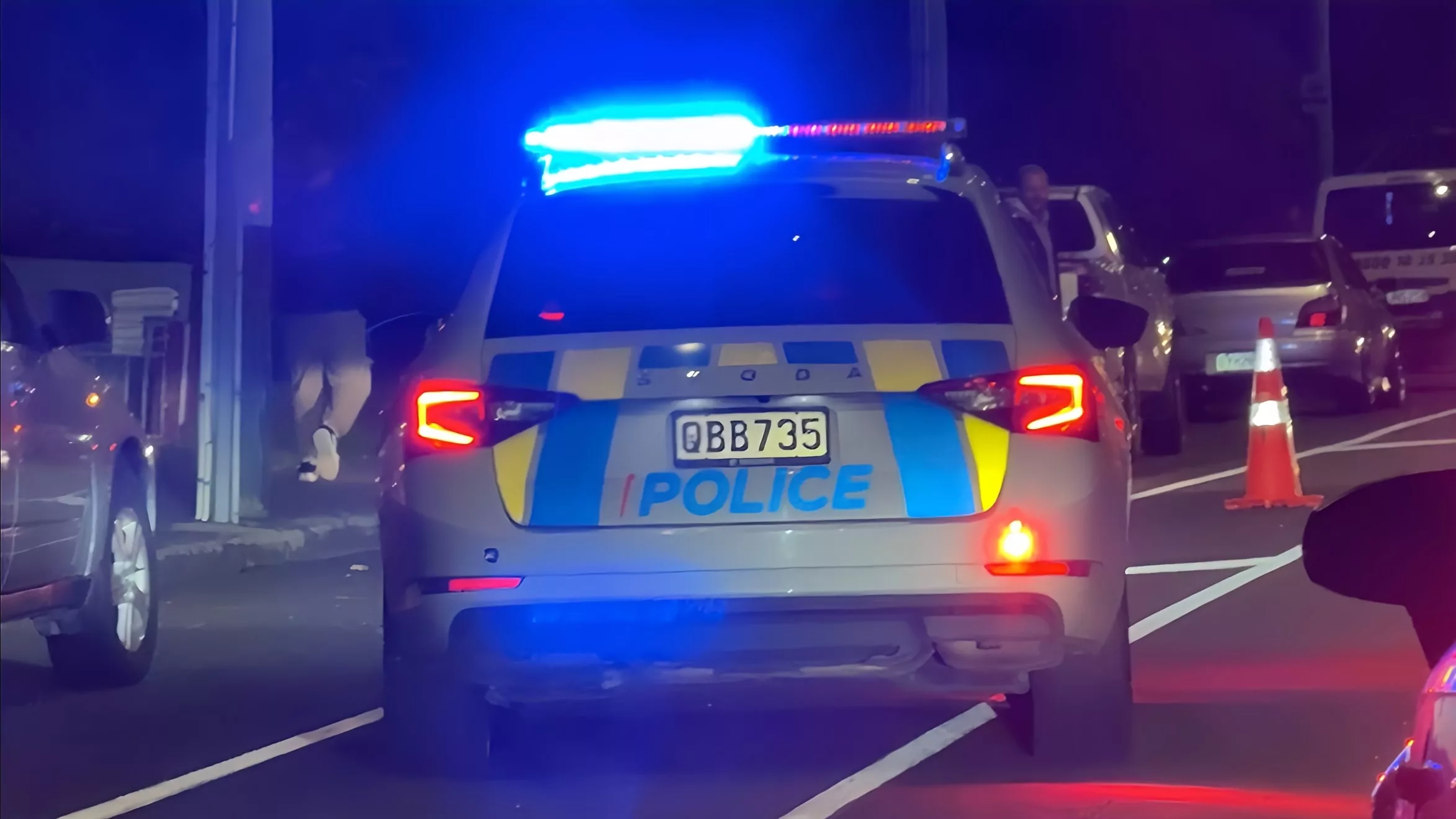

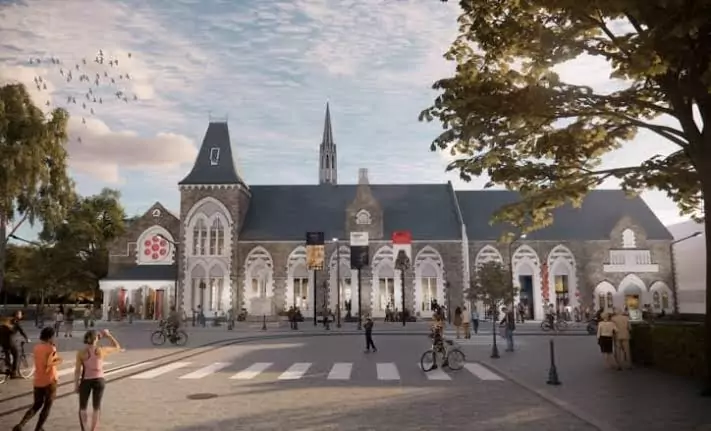


“The only way to determine the change in average house price values is by measuring the sale of houses, and this would need to be done along specific cycleway routes compared to the sale of property on non-cycleway routes. The article mentions density, which again I question. Knowing the market (and developers as I do), I suggest that land price values have more to do with where medium density developments are built rather than cycleways” Blackburn said.“I would also question the “loss of on street parking” and suggest that this would more than likely have a negative impact on values than a positive one.”